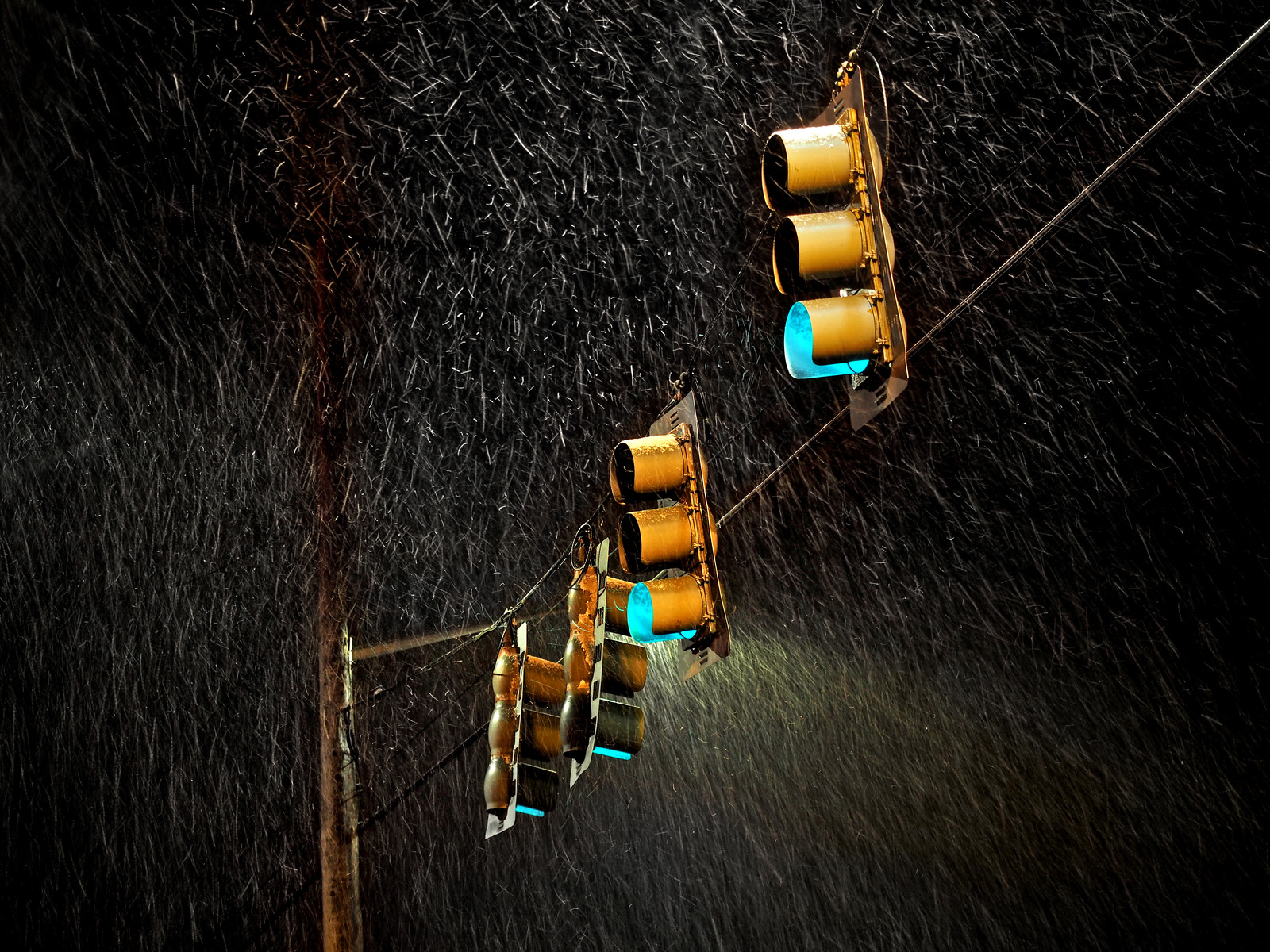
17 Jun Monsoon Safety

If you have lived in Glendale during the summer, you’ve likely heard people talk about the “monsoon”. If you’re new to the valley, the term “monsoon” is used to refer to the valley’s season of high temperatures, high winds, and occasionally severe thunderstorms. Monsoon comes from the Arabic “mausim” meaning “season.” The resulting monsoon storms can range from minor blowing dust to severe thunderstorms. Often, the more severe storms begin with towering walls of dust hundreds of feet high that move across the valley. These dust walls are known as “haboobs,” an Arabic term for the similar walls of dust that are common in the Middle East, after the dust comes high winds, usually followed by heavy rains.
When does the Arizona monsoon begin?
Before 2008, the monsoon’s start date and duration varied based on the dew point average. To reduce confusion, the National Weather Service decided to set dates. The monsoon season now officially begins on June 15th and ends on September 30th.
Monsoon safety tips:
If you are driving and see a wall of wind approaching, get to a safe place as soon as possible. This can mean going directly home or it can mean exiting the freeway, pulling into a parking lot, and waiting out the storm.
-Drive cautiously even if your visibility is not greatly reduced, especially at the beginning of a storm when oils and other automotive fluids can make the road unusually slick.
-If you are concerned conditions are too bad to continue driving, slowly pull off the side of the road as far right as you can, turn off your car, turn off your lights, and keep your foot off the brake pedal. Otherwise, drivers might come up behind you and, thinking you are still in motion, rear end your vehicle.
-If you are outside during a storm, stay away from open fields, trees, poles, and other tall objects to avoid being struck by lightning. Also important to avoid swimming pools and golf clubs.
-If you have a landline, do not use it to avoid getting a shock from a nearby lightning strike. Instead use your cell phone, but even this should be minimized to keep lines open for emergencies.
-Avoid plumbing fixtures, including showers, baths, and sinks, since lightning can travel through metal pipes.
-Stay away from windows, which can be struck by blowing debris. It’s not uncommon for high winds to blow around large objects and for large trees to fall down.
Monsoon home shopping tip: When home shopping during or after a rain storm, inspect the ceilings for possible leaks and outside for possible flooding areas. These problems can typically be easily resolved during the inspection period and best to be remedied before closing.


